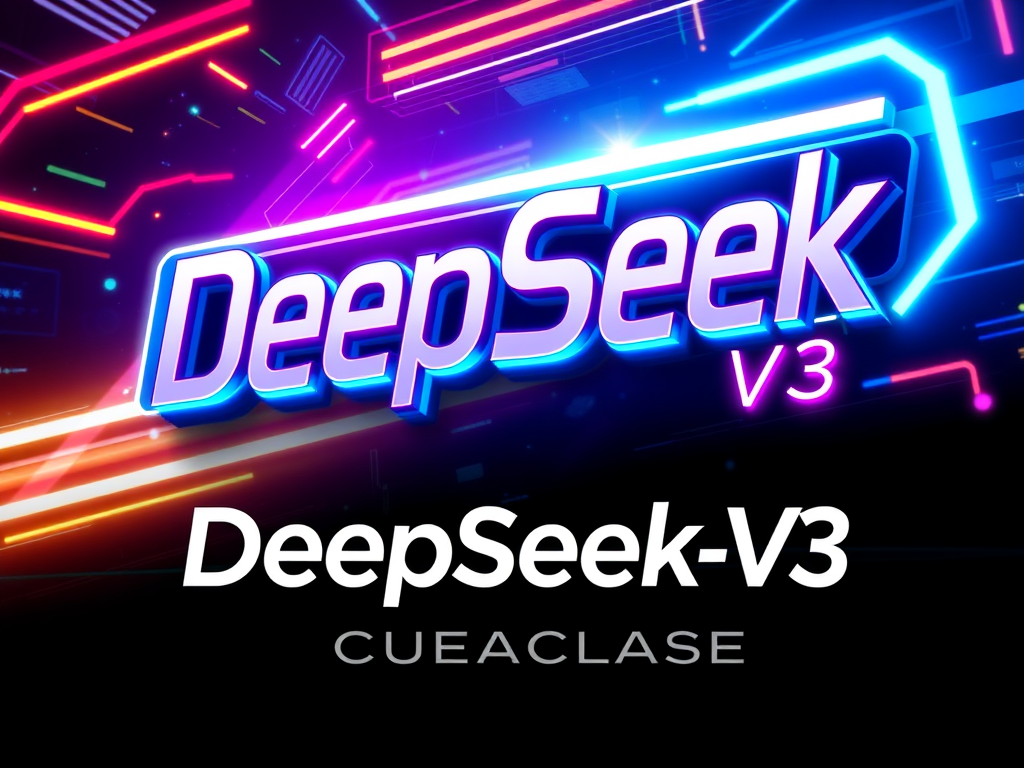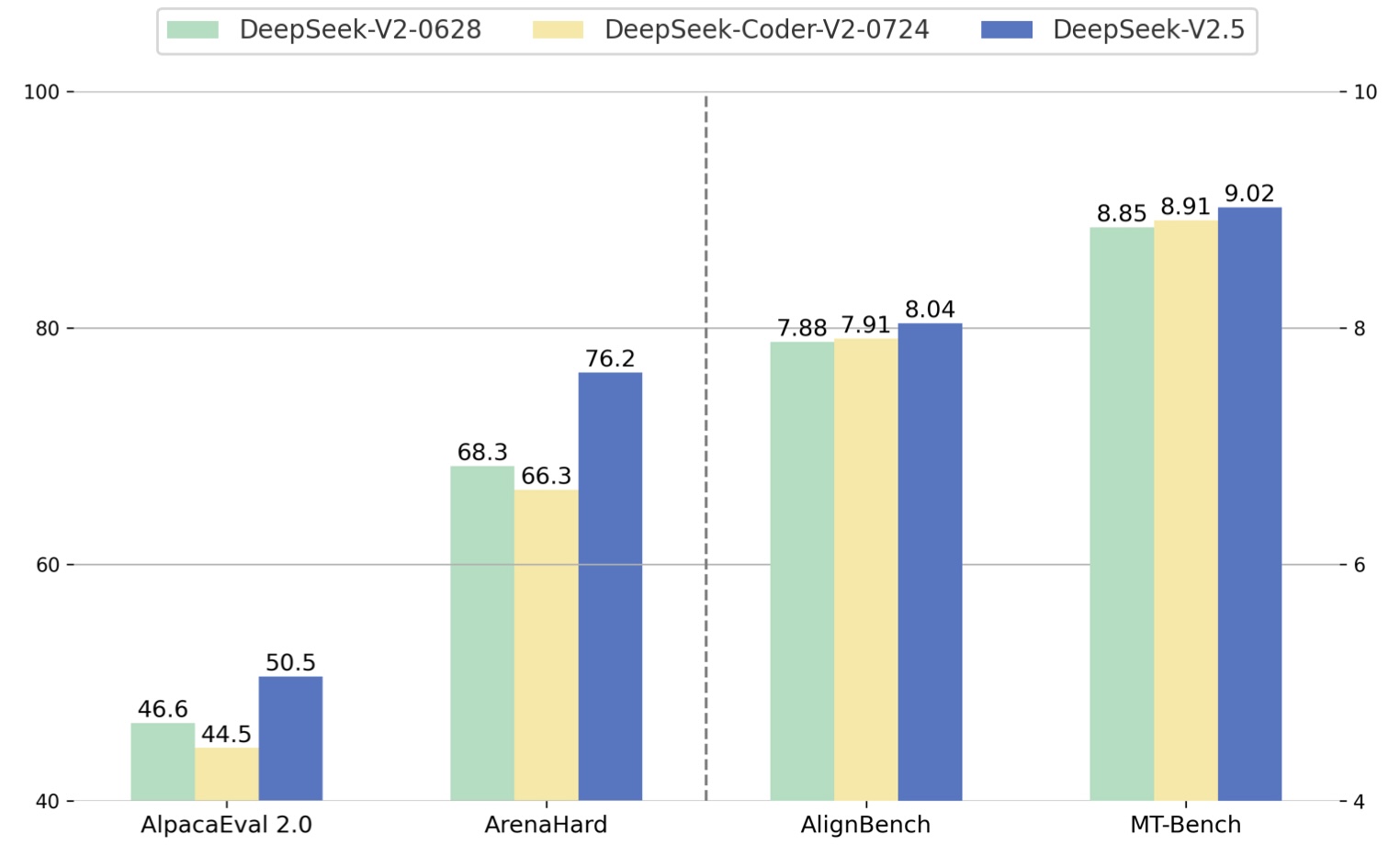Artificial Intelligence (AI) is changing education while making discovering more available however also stimulating disputes on its impact.
While students hail AI tools like ChatGPT for boosting their knowing experience, lecturers are raising issues about the growing dependence on AI, which they argue fosters laziness and undermines scholastic stability, especially with lots of trainees not able to protect their projects or provided works.
Prof. Isaac Nwaogwugwu, a lecturer at the University of Lagos, in an interview with Nairametrics, expressed frustration over the growing dependence on AI-generated reactions among students stating a recent experience he had.
RelatedStories
Avoid sharing individual info that can recognize you with AI tools- Expert cautions
Chinese AI app DeepSeek sparks international tech selloff, obstacles U.S. AI dominance
"I offered a task to my MBA trainees, and out of over 100 trainees, about 40% submitted the specific very same answers. These trainees did not even know each other, but they all utilized the very same AI tool to generate their actions," he said.
He kept in mind that this trend is widespread among both undergraduate and postgraduate students however is especially worrying in part-time and range knowing programs.
"AI is a severe difficulty when it comes to assignments. Many students no longer believe critically-they simply go online, create answers, and send," he added.
Surprisingly, some lecturers are also accused of over-relying on AI, setting a cycle where both teachers and students turn to AI for benefit rather than intellectual rigor.
This debate raises important concerns about the role of AI in scholastic integrity and trainee advancement.
According to a UNESCO report, while ChatGPT reached 100 million regular monthly active users in January 2023, just one country had launched regulations on generative AI since July 2023.
As of December 2024, ChatGPT had more than 300 million individuals using the AI chatbot weekly and 1 billion messages sent out every day around the globe.
Decline of academic rigor
University lecturers are significantly worried about trainees sending AI-generated tasks without truly comprehending the material.
Dr. Felix Echekoba, a speaker at Nnamdi Azikiwe University, revealed his concerns to Nairametrics about students increasingly relying on ChatGPT, just to struggle with answering standard questions when evaluated.
"Many students copy from ChatGPT and send sleek assignments, but when asked basic concerns, they go blank. It's frustrating due to the fact that education is about learning, not just passing courses," he stated.
- Prof. Nwaogwugwu explained that the increasing number of first-rate graduates can not be entirely associated to AI but confessed that even high-performing students use these tools.
"A superior student is a top-notch student, AI or not, but that does not suggest they do not cheat. The benefits of AI might be peripheral, however it is making trainees dependent and less analytical," he stated.
- Another speaker, Dr. Ereke, from Ebonyi State University, raised a various issue that some lecturers themselves are guilty of the exact same practice.
"It's not simply trainees utilizing AI slackly. Some lecturers, out of their own laziness, generate lesson notes, course describes, marking plans, and even examination concerns with AI without reviewing them. Students in turn use AI to create answers. It's a cycle of laziness and it is killing genuine learning," he regreted.
Students' perspectives on use
Students, on the other hand, say AI has actually enhanced their knowing experience by making academic products more understandable and accessible.
- Eniola Arowosafe, a 300-level Business Administration trainee at Unilag, shared how AI has actually considerably helped her knowing by breaking down complex terms and providing summaries of prolonged texts.
"AI helped me understand things more easily, specifically when dealing with intricate topics," she explained.

However, she recalled a circumstances when she utilized AI to submit her job, just for her lecturer to immediately acknowledge that it was created by ChatGPT and reject it. Eniola kept in mind that it was a good-bad result.
- Bryan Okwuba, who recently graduated with a superior degree in Pharmacy Technology from the University of Lagos, securely thinks that his academic success wasn't due to any AI tool. He associates his impressive grades to actively engaging by asking concerns and concentrating on locations that speakers highlight in class, as they are often shown in examination concerns.
"It's all about existing, paying attention, and taking advantage of the wealth of understanding shared by my colleagues," he stated,
- Tunde Awoshita, a final-year marketing trainee at UNIZIK, admits to sometimes copying directly from ChatGPT when dealing with several due dates.
"To be sincere, there are times I copy directly from ChatGPT when I have numerous deadlines, and I understand I'm guilty of that, many times the lecturers don't get to check out them, but AI has actually also helped me find out much faster."
Balancing AI's role in education
Experts think the solution lies in AI literacy; mentor students and lecturers how to use AI as a learning help instead of a shortcut.
- Minister of Education, Dr. Tunji Alausa, highlighted the integration of AI into Nigeria's education system, stressing the value of a well balanced approach that keeps human participation while utilizing AI to enhance learning outcomes.
"As we browse the quickly progressing landscape of Artificial Intelligence (AI), it is important that we prioritise human agency in education. We must ensure that AI improves, rather than replaces, teachers' vital role in forming young minds," he said
Concerns over AI in Learning
Dorcas Akintade, a cybersecurity transformation professional, attended to growing issues regarding making use of synthetic intelligence (AI) tools such as ChatGPT and their potential dangers to the academic system.
- She acknowledged the benefits of AI, nevertheless, highlighted the requirement for caution in its usage.
- Akintade highlighted the increasing hesitance among teachers and schools towards incorporating AI tools in finding out environments. She identified two primary reasons that AI tools are discouraged in instructional settings: security risks and plagiarism. She explained that AI tools like ChatGPT are trained to react based on user interactions, which may not align with the expectations of educators.
"It is not taking a look at it as a tutor," Akintade stated, describing that AI does not cater to specific mentor approaches.
Plagiarism is another concern, as AI pulls from existing data, typically without appropriate attribution
"A great deal of individuals require to understand, like I stated, this is data that has actually been trained on. It is not just bringing things out from the sky. It's bringing information that some other individuals are fed into it, which in essence implies that is another individual's documentation," she cautioned.
- Additionally, Akintade highlighted an early problem in AI development understood as "hallucination," where AI tools would produce information that was not accurate.
"Hallucination suggested that it was highlighting info from the air. If ChatGPT could not get that information from you, it was going to make one up," she discussed.
She suggested "grounding" AI by providing it with particular information to prevent such mistakes.
Navigating AI in Education
Akintade argued that prohibiting AI tools outright is not the solution, particularly when AI provides a chance to leapfrog traditional instructional methods.
- She thinks that consistently reinforcing essential information helps people remember and prevent making mistakes when confronted with obstacles.
"Immersion brings conversion. When you inform individuals the exact same thing over and over again, when they will make the errors, then they'll remember."
She likewise empasized the requirement for clear policies and treatments within schools, keeping in mind that numerous schools ought to deal with the individuals and process elements of this usage.
- Prof. Nwaogwugwu has turned to in-class tasks and tests to counter AI-driven scholastic dishonesty.
"Now, I mainly utilize projects to ensure trainees supply original work." However, he acknowledged that managing large classes makes this approach difficult.

"If you set complex concerns, students won't have the ability to use AI to get direct answers," he explained.

He stressed the requirement for universities to train lecturers on crafting test questions that AI can not easily solve while acknowledging that some lecturers struggle to counter AI abuse due to an absence of technological awareness. "Some speakers are analogue," he stated.
- Nigeria released a draft National AI Strategy in August 2024, concentrating on ethical AI advancement with fairness, openness, responsibility, and privacy at its core.
- UNESCO in a report requires the policy of AI in education, recommending institutions to audit algorithms, users.atw.hu data, and outputs of generative AI tools to guarantee they fulfill ethical requirements, secure user information, and filter unsuitable content.
- It worries the requirement to assess the long-lasting impact of AI on vital skills like thinking and creativity while creating policies that line up with ethical frameworks. Additionally, UNESCO advises carrying out age constraints for GenAI usage to protect more youthful students and secure vulnerable groups.
- For federal governments, it advised embracing a collaborated nationwide technique to regulating GenAI, geohashing.site including developing oversight bodies and lining up regulations with existing data security and personal privacy laws. It stresses assessing AI dangers, enforcing stricter rules for high-risk applications, and ensuring national information ownership.



